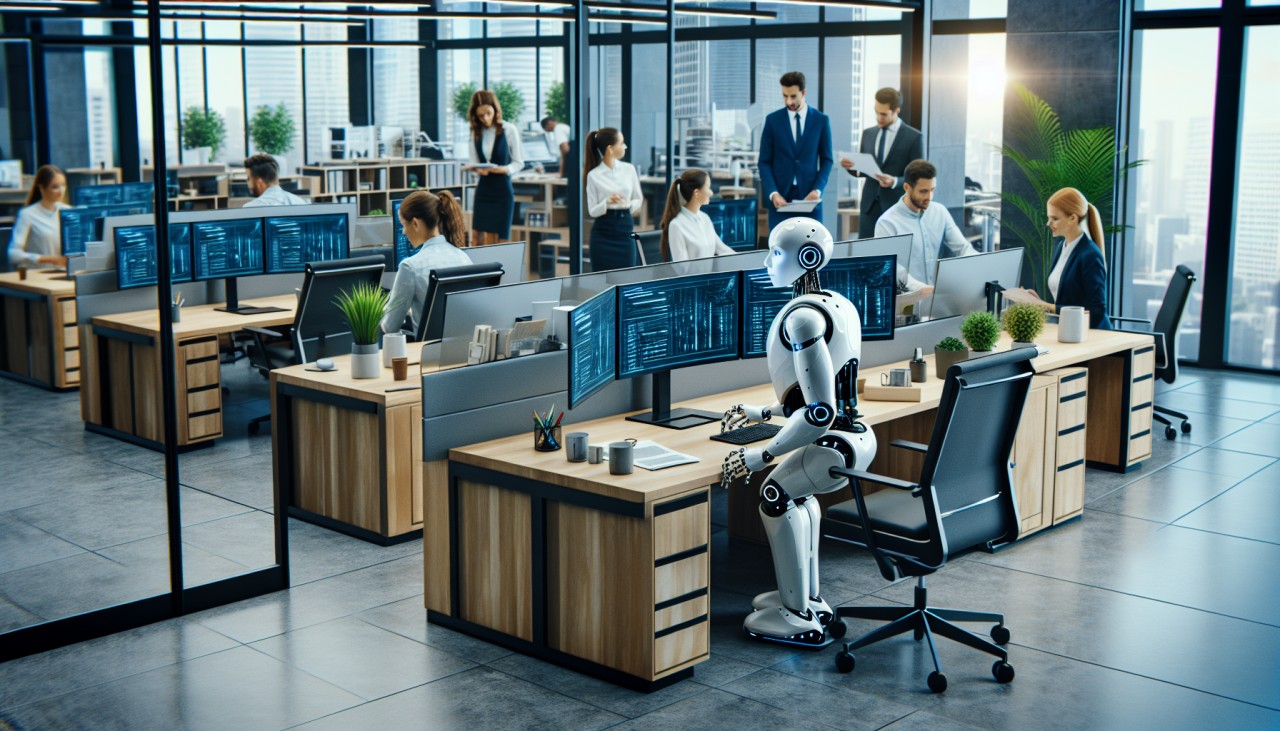The rapid advancement of Artificial Intelligence (AI) is reshaping industries, leading to increased efficiency and innovation. However, this technological progress comes with significant risks, notably the displacement of workers across various sectors. A recent report by the Financial Times highlights that companies like Ocado have significantly increased efficiency through AI and robotics, reducing labor needs and resulting in notable job cuts. This trend is not isolated; many businesses are integrating generative AI into their operations, reshaping work across sectors. Industry leaders recognize AI’s potential to alter nearly every job, fueling anxiety about potential large-scale layoffs, especially in white-collar roles. Despite concerns, experts stress that AI is more likely to redesign roles than eliminate them, promoting a shift toward higher-value, human-centric tasks. ft.com
The potential for AI to replace human workers extends beyond manual labor, affecting white-collar professions such as law, finance, and marketing. A TIME article discusses the profound impact AI is poised to have on the global labor market, warning of potentially widespread job displacement if society fails to take preemptive action. While AI has already begun replacing roles in voice acting, illustration, game development, customer service, and driving jobs, its deeper threat lies in its ability to replicate human reasoning, thus affecting a broader swath of white-collar professions. Unlike historic technological shifts, AI's rapid advancement and unparalleled scope raise urgent challenges for policymakers, who so far lack substantive responses. While some propose Universal Basic Income as a solution, others argue for structural changes, including data collection on AI's effects and proactive strategies to augment rather than replace human labor. Experts emphasize involving workers and business leaders in shaping AI's integration to ensure equitable outcomes. The article concludes that although the disruption is concerning, the future is not predetermined; meaningful intervention and strategic planning can still steer AI's influence toward a more inclusive and beneficial direction. time.com
Key Takeaways
- AI integration leads to significant job displacement across various sectors.
- White-collar professions are increasingly vulnerable to AI-driven automation.
- Experts advocate for proactive strategies to mitigate AI's impact on employment.
